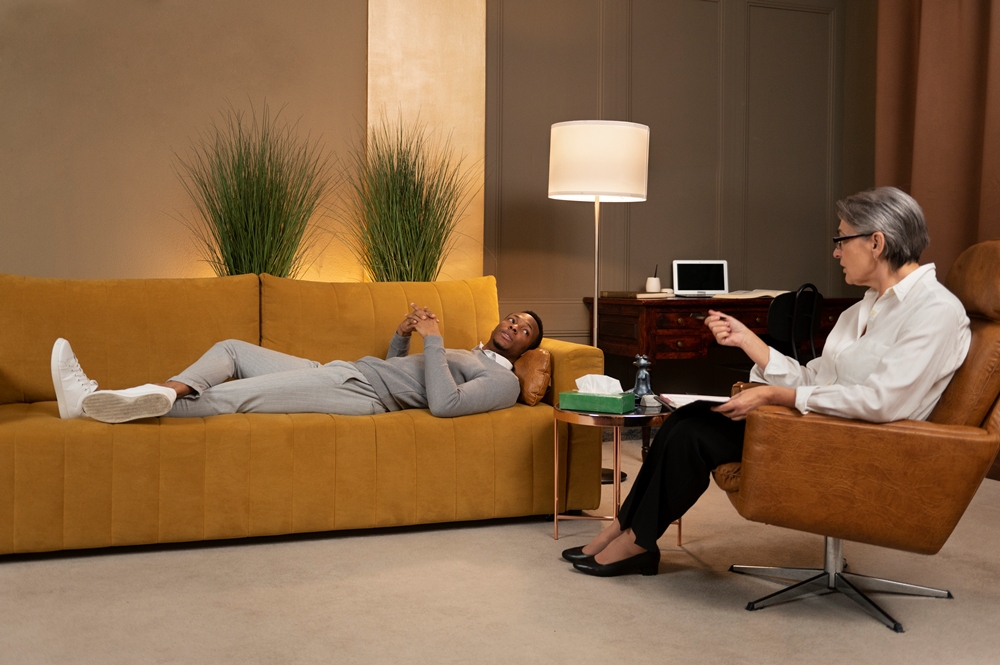Single dose of LSD relieves anxiety and depression for months, study finds

A single LSD dose eased anxiety and depression symptoms for up to 12 weeks in patients with generalised anxiety disorder, new research shows.
The study involved 198 adults with generalised anxiety disorder (GAD), a form of anxiety that affects about one in 10 people over the course of a year.
GAD involves persistent, excessive worry often accompanied by physical symptoms such as racing heartbeat and sweating, and it frequently overlaps with depression.
Current antidepressants and anti-anxiety medicines are ineffective in about half of patients.
Researchers at 22 outpatient psychiatric centres tested MM120, a proprietary form of LSD developed by MindMed.
Patients given higher doses (100 or 200 micrograms) improved significantly, while those given 25 or 50 micrograms fared no better than placebo.
The higher doses were also more likely to lift depression symptoms.
Dr David Feifel of Kadima Neuropsychiatry Institute in San Diego, one of the study centres, said: “By the next day, they were showing strong improvements.
“And those improvements held out all the way to the end of the study, which was 12 weeks.”
Unlike conventional treatments such as Prozac or Zoloft, MM120 produces perceptual changes and hallucinations – commonly referred to as a “trip”.
Patients given doses strong enough to induce psychedelic effects were more likely to improve.
Feifel said: “This is something that has a very, very distinct subjective experience.
“What people might call a trip.”
Some experts cautioned that non-drug factors may have shaped the results.
Robin Carhart-Harris, a psychedelics researcher at the University of California, San Francisco who was not involved, pointed to the importance of context.
He said: “The safety looks good, the tolerability looks good, but where is the depth of information about the way you delivered this product?”
Sessions were monitored by two staff in private rooms described as “aesthetically pleasant”.
Patients received information about the treatment and were offered music and eyeshades.
These elements, which can influence outcomes, were not fully detailed in the study protocol.
Carhart-Harris said: “To not say anything about music listening, for example, when it’s been present in virtually 100 per cent of the trials that have been published to date on psychedelic therapy, is an obvious omission.”
Many in the field argue that setting and mindset are critical.
Traditional psychedelic therapy typically uses trained guides or therapists, soft lighting, natural décor and curated music to shape the experience safely.
The trial reflects a broader shift toward large-scale, pharmaceutical-backed studies of psychedelic drugs.
Such studies are needed to gain US Food and Drug Administration approval of treatments such as LSD, MDMA and psilocybin, Feifel said, adding that licensed psychedelics could “revolutionise treatment” of conditions ranging from depression to PTSD and addiction.
Carhart-Harris said: “Give it a couple of years and we’ll be seeing drugs like psilocybin [and] magic mushrooms as medicines.
“A whole mindset shift is going to happen around that.”
The FDA has given MM120 “breakthrough therapy” status to fast-track evaluation of promising treatments.
MindMed has begun two phase 3 trials of MM120, with completion expected in 2026.










